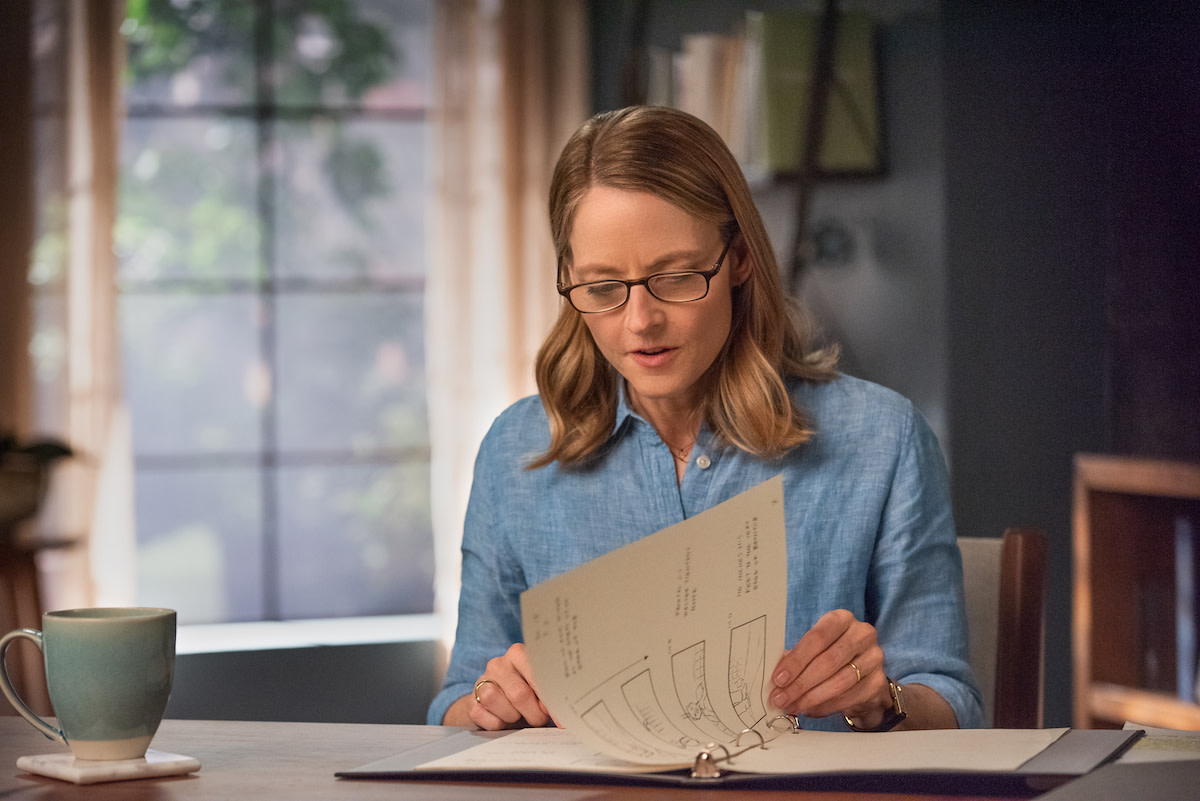Jodie Foster’s 5 Tips for Realizing Your Creative Vision in Film
Written by MasterClass
Last updated: Jun 16, 2021 • 3 min read
It's a film director’s job to translate a screenwriter's words to the screen while bringing a unique vision to the project. To realize your artistic ambitions in a film, consider Jodie Foster's filmmaking advice. Jodie is an Academy Award-winning actress and acclaimed director who has amassed years of invaluable insight when it comes to developing a film’s vision and communicating it to crew members.
Learn From the Best
Jodie Foster’s 5 Tips for Realizing Your Creative Vision in Film
Whether you’re studying video production in film school, shooting a movie for a short film festival, or directing a Hollywood feature film or TV show for the first time, you can learn from Jodie Foster's filmmaking tips for creating the vision for your film.
- 1. Use reference images to convey your vision. In preproduction, pulling reference images can help you articulate your vision to your crew. "You're going to have to talk to them about what's in your heart, and you can use anything that feels comfortable to do that," Jodie says. Once the screenwriting process is complete, find images that express your ideas for the color palette, framing, locations, or any on-screen visual element, and show them to your cinematographer, production designer, and other key crew members. Use other great films as references for stylistic choices.
- 2. Speak in terms of emotion. As you hire a team to bring your film to life, you’ll have to use the right terminology to effectively communicate your vision. “I always like to use an emotional language to start with,” Jodie says. For example, instead of telling your cinematographer, "I'd like a bright light shined on the actor's face with darker lighting behind them," you could say, “I want a feeling of the character being isolated.” This language transcends the more technical and specific language needed to communicate with individual crew members. Then they can translate it into their own languages—into lens choices, lighting, music, postproduction, etc.
- 3. Assemble a team who can execute your vision. Making movies is stressful, so try to fill your film set with a crew of film industry professionals you trust to bring your creative vision to life. "What you're looking for is how you're going to have a conversation with this person," Jodie says. "Is it somebody that you're going to want to spend all this time in the trenches with? Is it somebody who's going to be scared to tell you no?" Generally, some of the first few crew positions you'll hire are the line producer, production designer, location manager, and director of photography. Jodie relies heavily on her DP and considers them one of her most important collaborators.
- 4. Be true to yourself. Jodie suggests you consider the question: "How can you communicate more of yourself to the people that need to hear what your vision is?" In the world of low-budget filmmaking, you may not feel confident that you can execute your vision on the fly, but if your department heads get to know you and your priorities, they’ll be able to help you realize that vision. “The thing that has the most resonance is that you have a central personal connection to the material,” Jodie says.
- 5. Make sure every decision is meaningful. Why make a choice in the first place if there's no intent behind it? Jodie stresses that the decisions you make in film production should always be meaningful. When you select a specific prop or decide to use natural light in your cinematography, you should have a good reason to back up your choices. A lot of the decisions that you make will be instinctual when you make a movie—and that’s fine, as long as they are aligned with the story that you’re trying to tell.
Want to Learn More About Film?
Become a better filmmaker with the MasterClass Annual Membership. Gain access to exclusive video lessons taught by film masters, including Jodie Foster, Spike Lee, David Lynch, Shonda Rhimes, Martin Scorsese, and more.
